We transfer four storks to the Iberian Raptor Study Centre in Toledo
hace 5 yearsThis species, classified as ‘of special interest’, will be reintroduced into their natural habitat to increase wild populations.
The leisure and nature park Terra Natura Benidorm have transferred four specimens of white stork (Ciconia ciconia) to the Iberian Raptor Study Centre (CERI) in Sevilleja de la Jara, in Toledo. The specimens were born last April in the park and belong to a species considered ‘of special interest’ in some areas like Castilla la Mancha. With this initiative, the park seeks to collaborate in strengthening stork populations and increase their presence in their natural environment.
In the process for the transfer has join five people from the veterinary team to guarantee the safety of the specimens. Once at CERI, the storks were checked and, after three days in the observation phase, they were transferred to a larger flight aviary, where they coexist with another 25 birds with similar characteristics. During their stay there, they will muscle up and improve their flight capabilities with the aim of reinserting them into their natural habitat in the following weeks.
Although Terra Natura Benidorm had already collaborated with CERI before in the reception of unrecoverable animals, this is the first time that a transfer of birds has been carried out to reintroduce and increase populations in their native environment. The white stork is included in different agreements that ensure the protection of fauna, such as the List of Wild Species under the Special Protection System, or Annex I of the Birds Directive of the European Union.
Although at present the conservation status of this species is favourable, the white stork went through a critical situation a few years ago as its population dropped to historical lows. The alarming population decline of this species happened during the second half of the 20th century, due to big changes in their natural environment: agricultural intensification and desiccation of wetlands, together with a period of severe droughts in its typical wintering areas in the south of Sahara. The result was an alarming decline of storks.
Currently, the white stork populations are in growth process, however, this species still has difficulties due to the desolation of their habitats, collisions or electrocutions with power lines, the use of ropes and plastics to make the nest or by mistaking these objects with food. For this reason, in Castilla – La Mancha it is classified as ‘of special interest’.

